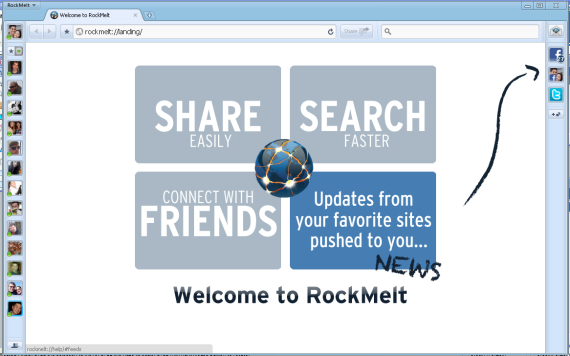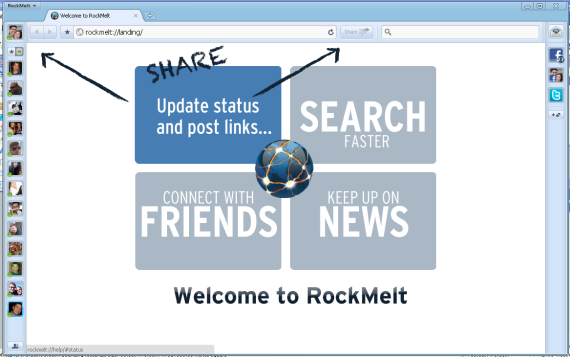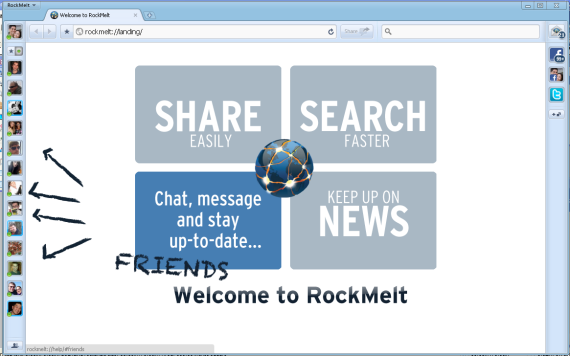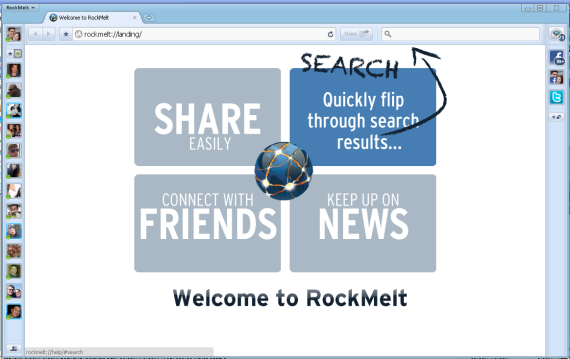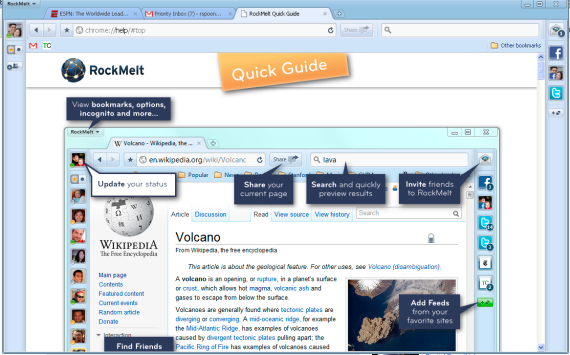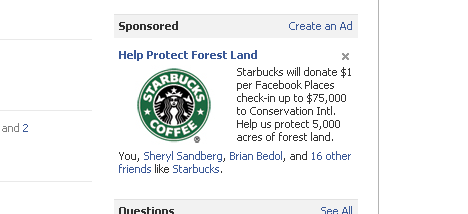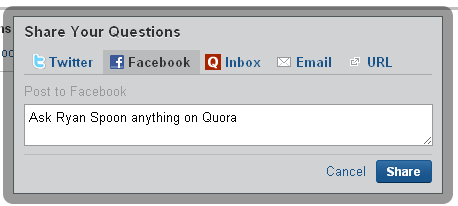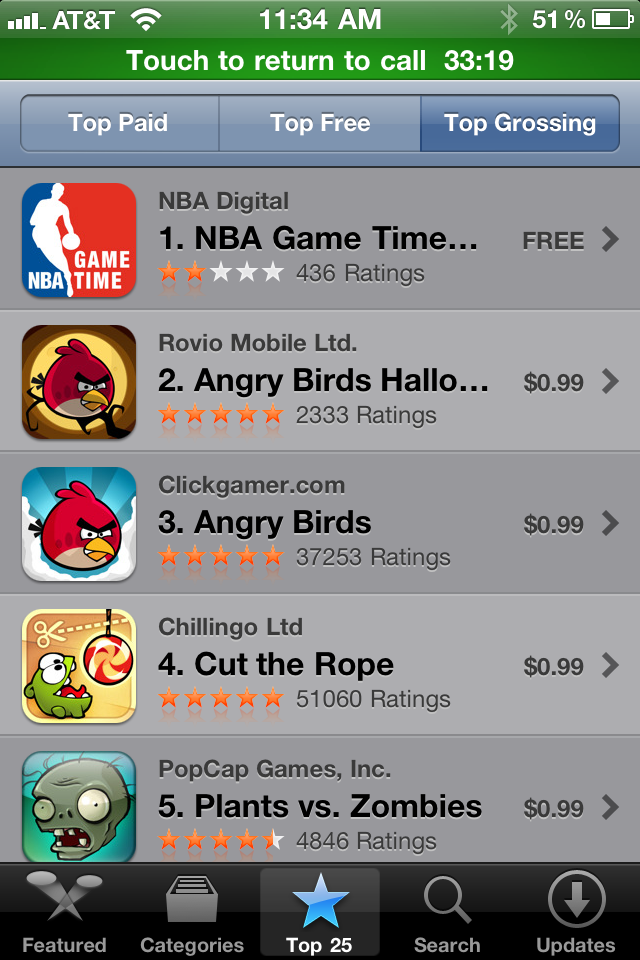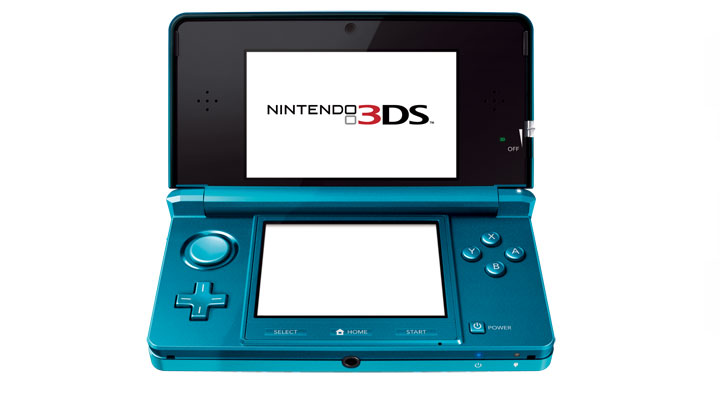I write a lot about the importance of getting product, messaging and promotion "in the river" (in other words: making sure that messages are delivered inside the core experience and to the respective audience - good example by Facebook here). Here is a great example by ESPN. When you visit ESPN via the iPad, it presents you with three options: 1. Visit the iPad optimized site (ideal for 3G usage) 2. Visit ESPN.com's full site 3. Download the new ESPN Scorecenter App for the iPad
The first two options were always present for iPad users, but now that they have an iPad app (that is pretty good by the way), ESPN has decided to promote it to all iPad owners.... this is more effective of a marketing campaign than running site-wide banners on ESPN.com.



